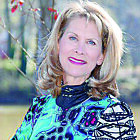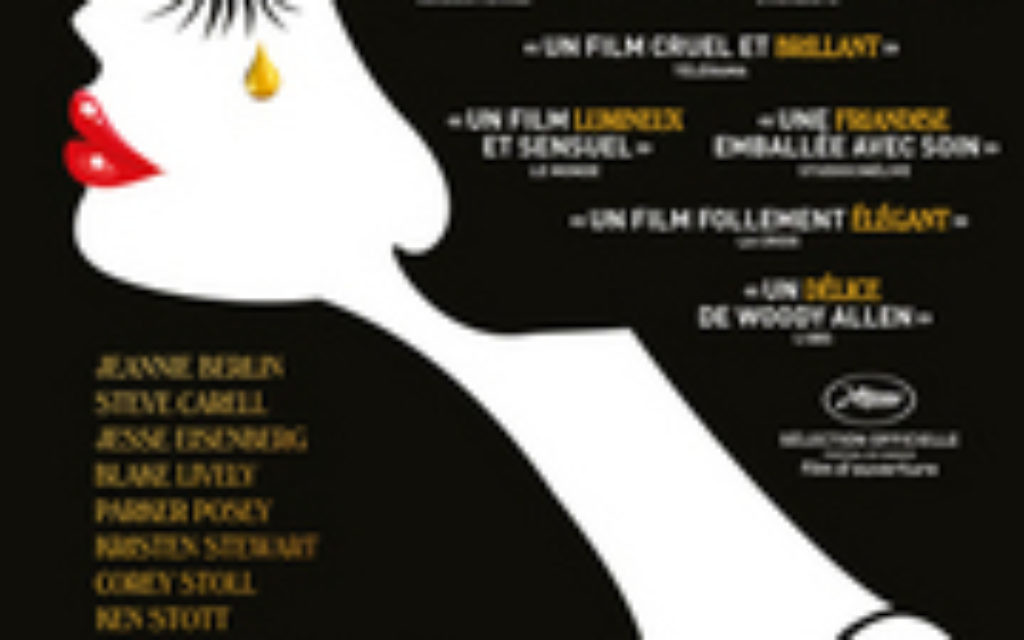‘Society’ High for Woody Allen
I am not a worshipful Woody Allen fan from his early zany works, such as “Bananas” and “Take the Money and Run.” Before deciding to dedicate a Saturday night, I researched “Café Society,” his newly released film about a 1930s young Jewish Bronx native who moves to Hollywood, where he falls in love with the secretary of his powerful uncle (Steve Carell), an agent to the stars.
After returning to New York, he is swept up in the drippingly elegant world of high society as a glamorous underworld nightclub manager. The early reviews were cautious at best, including pans like “Allen at 80 is tired and lazy.”
The New York Times weighed in via reviewer A.O. Scott on July 14, who wrote: “ ‘Café Society,’ Woody Allen’s new movie, comes wrapped in a double layer of nostalgia. Set in the 1930s, partly in Los Angeles, its script compulsively mentions Hollywood stars of the era. Joan Blondell! … Astaire and Rogers! Their names ring out like answers to trivia questions nobody had thought to ask.”
Get The AJT Newsletter by email and never miss our top stories Free Sign Up
Dorothy Fierman Carrillo, who teaches a Woody Allen course, “Themes, Discussion, Reaction,” at Emory University’s Osher Lifelong Learning Institute, said: “This was not his best, although the sets, scenery and costumes were superb: all 1930s vintage. The plot was an amalgamation of several themes he has previously explored, although loosely tied together. If you are a die-hard fan, go see it. If not, you can skip this one.”
So I gambled that “Café Society” was worth the price of a Lefont senior ticket, and I was not disappointed.
I fell for Jesse Eisenberg’s conflicted search for love and legitimacy.
Blake Lively and Kristen Stewart tantalizingly play Allen’s muses for an awkward, shlumpy boy charming the WASPy girls with his naiveté and self-proclaimed “Jewish exoticism.”
Allen’s own familiar voiceover was as comforting as the sable coats wrapped around the dames dancing to “Jeepers Creepers.”
Meanwhile, the Eisenberg character’s family back in New York makes for a bucket full of Jewish angst. Whining, unattractive parents talking in Yiddish (pay attention as I missed some of that dialogue) weigh right and wrong.
“I pray all the time, but nobody answers me,” with the Yiddish response: “Sometimes no answer is an answer.”
When another son converts to Catholicism because Judaism offers no afterlife, can we buy into that promise after a few rosary words with a priest? See the movie to find out what the brother does to get into such a predicament.
Let’s just say this makes the song “Mack the Knife” look tame — “Cement bag just a- droopin’ on down.”
I give “Café Society” a double chai. The old cars, hairstyles and costumes alone were worth the price of admission. And can we ever resist the temptation of our first love?






comments